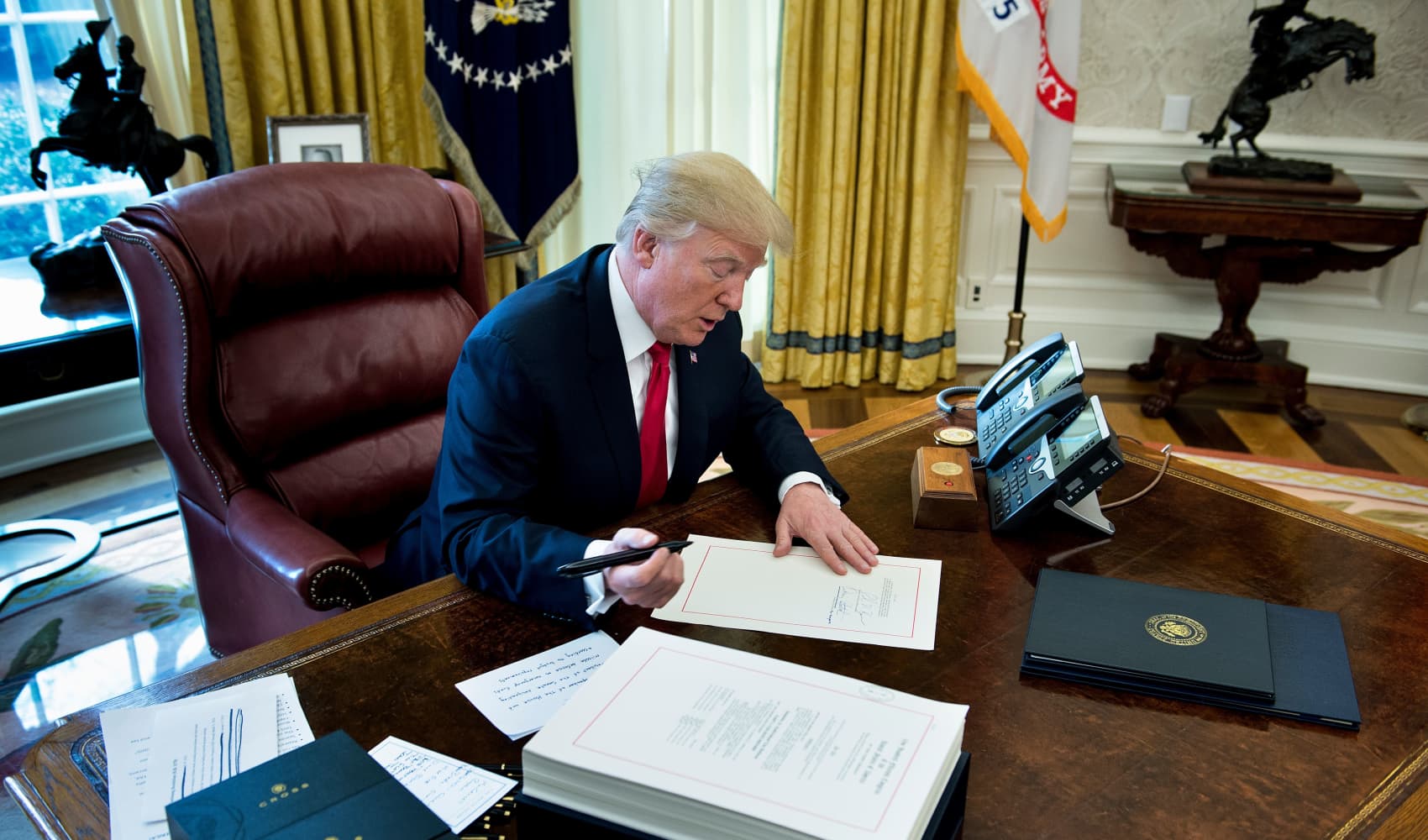A challenge to Hawaii's campaign finance laws, an attempt to collect damages from BP by three Mexican states over the 2010 Gulf of Mexico spill, and the state of Michigan's appeal to reinstate a murder conviction that was overturned by a federal court were among six cases the Supreme Court will not take on during the 2015 term.
The justices on Monday rejected an appeal from a Hawaii electrical construction company that spent about $9,000 on political newspaper advertisements during the 2010 election cycle. The ads from A-1 A-Lectrician, Inc. were critical of Blake Oshiro, a Democratic incumbent candidate for Hawaii's state legislature.
Hawaii law requires any entity that spends more than $1,000 to influence elections to register as a PAC, triggering reporting and disclosure requirements. The company argues that the law is too burdensome and should apply only to entities whose primary purpose is political activity.
State officials say the law encourages transparency and prevents corruption in political campaigns.
The justices also let stand a federal appeals court ruling that said lawyers for former Texas Democratic gubernatorial candidate Wendy Davis and others seeking $360,000 in legal fees after challenging state redistricting plans were not entitled to the payments.
A three-judge district court blocked the state's redistricting plan ahead of the 2012 elections after Davis and voting rights groups challenged it. But in a separate case, the Supreme Court later eliminated the Justice Department's ability under the Voting Rights Act to identify and stop potentially discriminatory voting laws before they take effect.
Texas eventually repealed the contested plan, making the challengers' lawsuit moot.
U.S. & World
The 5th U.S. Circuit Court of Appeals said the challengers were not prevailing parties entitled to fees.
The Supreme Court declined to hear an appeal from the Mexican states of Veracruz, Tamaulipas and Quintana Roo seeking damages from BP and other companies over the 2010 Gulf oil spill.
A lower court ruled that the Mexican states can't bring a lawsuit because Mexico's federal government owns the affected property. The justices let the appeals court ruling stand.
The Mexican federal government filed a similar lawsuit in 2013, which is progressing through the court system.
The lawsuit filed by the states sought damages for the costs of responding to the spill, lost tourism and contamination of water, plants and shoreline.
Meanwhile, an appeal from a retired Texas veterinarian who was barred from evaluating animals and giving advice over the Internet was also rejected.
The justices on Monday let stand lower court rulings against Ronald Hines of Brownsville, Texas. Hines' online clients included pet owners overseas who had limited access to veterinary services.
The Texas veterinary board suspended Hines' license for a year after finding that his Internet practice violated state laws.
Hines claimed that the board's action violated his right to free speech.
The nation's high court rejected Michigan's appeal to reinstate the conviction of a man charged with a 1988 murder in a drug dispute that was overturned by a federal court.
A federal district judge ruled in 2013 that Junior Fred Blackston was denied a fair trial in state court because he wasn't allowed to attack the credibility of two key witnesses who recanted their testimony between his first and second trials. The earlier testimony was read to jurors during the second trial.
The 6th U.S. Circuit Court of Appeals agreed that Blackston had a right to challenge the earlier testimony with written statements from the witnesses saying it was wrong.
Justice Antonin Scalia issued a written dissent, joined by Justices Clarence Thomas and Samuel Alito, saying the high court should have taken up the case. Scalia said the constitutional right to cross-examine witnesses does not include a right to admit written statements recanting previous testimony.
The Supreme Court also rejected an appeal by Covidien LP seeking to restore a $176 million patent infringement verdict against Johnson & Johnson subsidiary Ethicon Inc.
In refusing to hear the case, the high court left in place a December 2014 ruling by the U.S. Court of Appeals for the Federal Circuit that threw out a judge’s finding that Ethicon had infringed upon Covidien's patents for surgical cutting tools. Covidien is owned by Medtronic Plc.
NBC's Danielle Abreu Contributed to this report.



